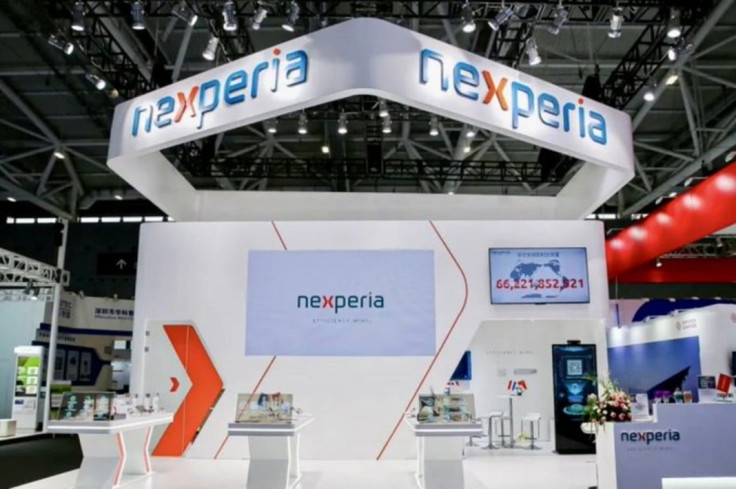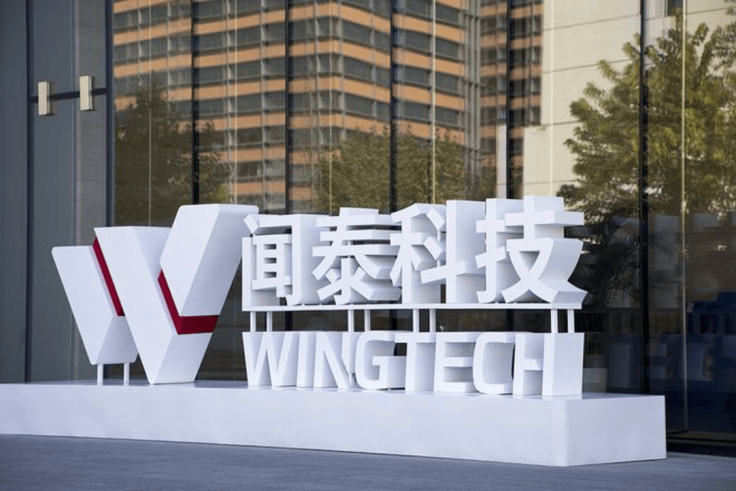Nexperia: Dutch Government Takes Control of China-Owned Chip Firm
In a rare move, the Netherlands takes control of Nexperia to safeguard Europe's semiconductor supply and national security

In a dramatic and almost unprecedented move, the Dutch government has taken effective control of Nexperia, a Netherlands-based semiconductor company owned by China's Wingtech.
The intervention, declared on 12–13 October 2025, invokes emergency authority under the Goods Availability Act, prompted by what officials describe as 'acute signals of serious governance shortcomings' that could imperil Dutch and European technological sovereignty.
Dutch Government Invokes Emergency Powers Over Nexperia
The Dutch government has taken the extraordinary step of asserting control over Nexperia, a semiconductor manufacturer headquartered in Nijmegen, Netherlands, and owned by Chinese tech conglomerate Wingtech.
The intervention, announced on 13 October 2025, was triggered by what officials described as 'acute signals of serious administrative shortcomings and actions' that could jeopardise Dutch and European technological interests.
The Ministry of Economic Affairs stated that the move was 'exceptional' and aimed at safeguarding critical chip-making capabilities on European soil.
The government now holds the authority to block or reverse management decisions at Nexperia, including asset transfers and executive appointments, under the rarely used Goods Availability Act.
'These signals threaten the continuity and safeguarding of crucial technological knowledge and capabilities on Dutch and European soil,' the ministry said in its official statement.
Strategic Importance and Security Concerns
Nexperia plays a vital role in Europe's semiconductor supply chain, producing chips for the automotive and consumer electronics sectors.
Its acquisition by Wingtech in 2019 raised eyebrows across the continent, but the latest move marks a significant escalation in Europe's scrutiny of Chinese ownership in sensitive industries.
The Dutch government's decision is widely interpreted as a response to growing geopolitical tensions and fears of technology leakage.
Analysts suggest the intervention may also be linked to recent Chinese export restrictions on rare earth materials, which are crucial to chip production.
According to Politico Europe, the government's new powers mean Nexperia cannot make strategic decisions, such as transferring intellectual property or hiring executives, without prior approval from The Hague.
Wingtech Responds as Shares Plunge

Wingtech, Nexperia's parent company, reacted swiftly to the announcement.
Its shares on the Shanghai Stock Exchange dropped by 10%—the maximum daily limit—on Monday following the news. In a statement, Wingtech said it was consulting legal experts and seeking support from Chinese authorities to protect the legitimate rights and interests of the company.
The company expressed concern over the precedent set by the Dutch government's actions, warning that it could destabilise international investment norms and further strain EU-China trade relations.
Europe's Semiconductor Strategy in Flux
The intervention comes amid broader efforts by European governments to secure domestic chip production and reduce reliance on foreign suppliers. The European Union has been ramping up its Chips Act initiative, which aims to double the bloc's share of global semiconductor output by 2030.
Nexperia's case echoes similar moves in the UK, where national security concerns led to the forced divestment of Chinese ownership in the Newport Wafer Fab facility in Wales. Nexperia also owned that plant, and its fate remains uncertain following the Dutch government's latest action.
What Happens Next?
While Nexperia's day-to-day operations are expected to continue, the Dutch government's control introduces a new layer of oversight. The company's strategic decisions will now be subject to government review, potentially reshaping its role in Europe's tech landscape.
The move may also embolden other EU member states to take similar steps in protecting critical infrastructure from foreign influence. As Europe navigates the delicate balance between open markets and national security, Nexperia's case could become a defining moment in the continent's tech sovereignty debate.
© Copyright IBTimes 2025. All rights reserved.



















